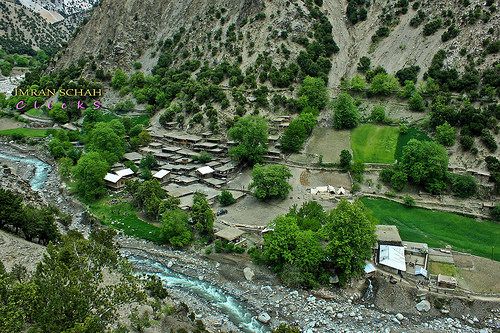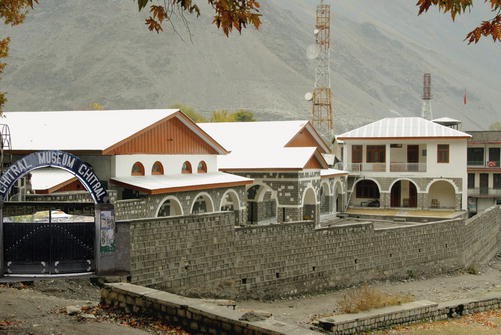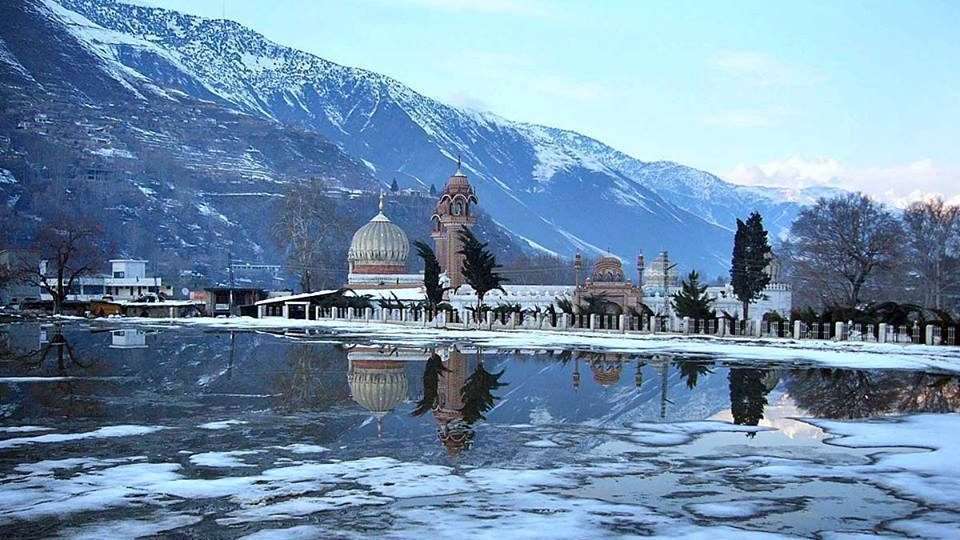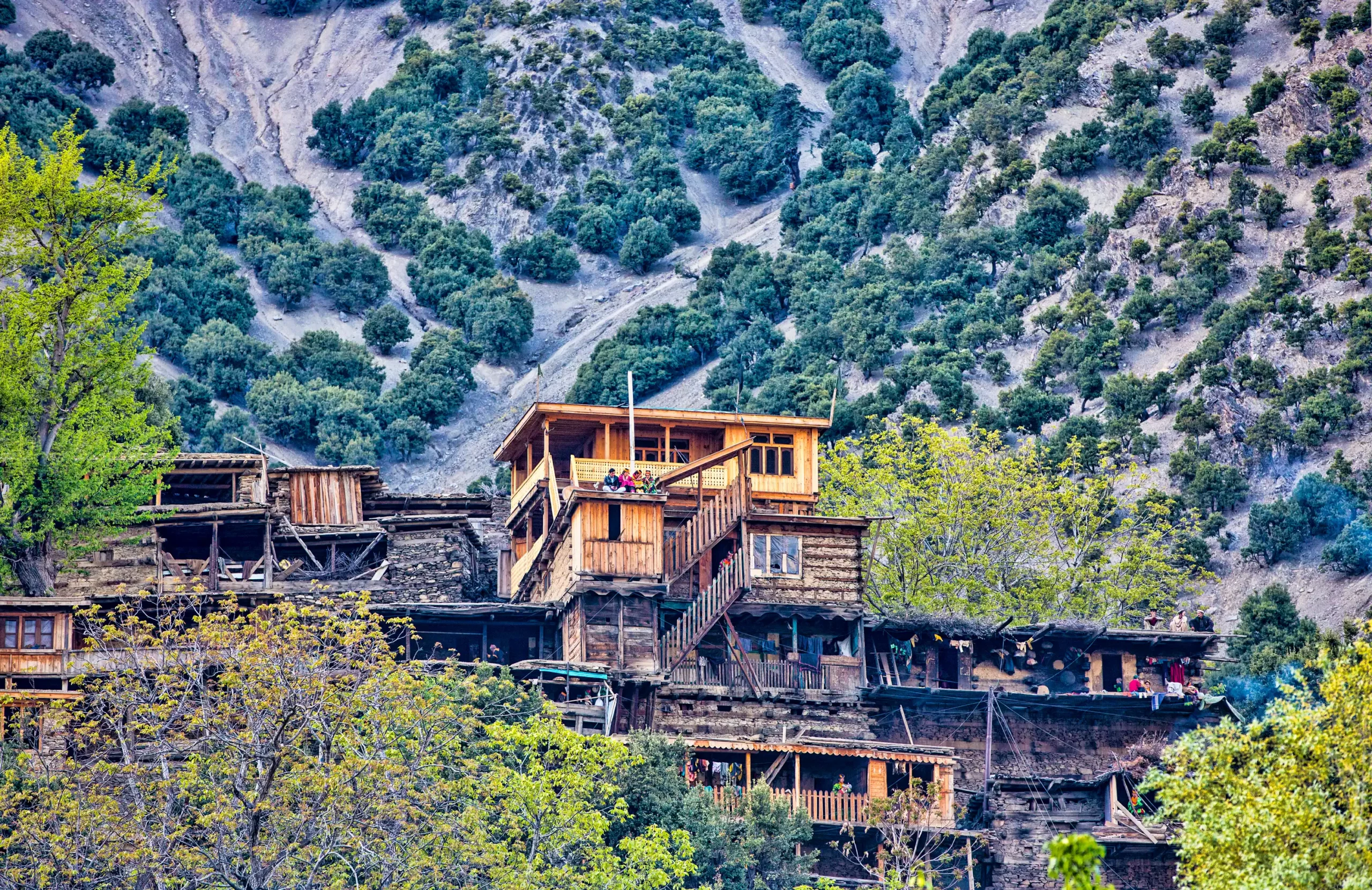Rumber Valley, located in the Chitral District of Khyber Pakhtunkhwa, Pakistan, is one of the most scenic and tranquil valleys in the region, offering breathtaking landscapes and a peaceful environment.. Nestled between towering peaks of the Hindu Kush mountain range, Rumber Valley is an untouched paradise known for its lush landscapes, tranquil environment, and the rich cultural heritage of its people. This hidden gem is less explored by tourists, making it an ideal destination for those seeking peace, nature, and authentic cultural experiences.
Location:
Rumber Valley is located in the northern part of Chitral District, approximately 70 kilometers from the main city of Chitral. It is accessible by road from Chitral, and the journey takes travelers through winding mountain paths, lush forests, and breathtaking scenery. Due to its remote location, the valley is relatively untouched and retains its natural beauty and traditional way of life.
Natural Beauty:
Rumber Valley is renowned for its pristine natural landscapes. The valley is surrounded by snow-capped mountains, lush green meadows, and flowing streams. The dense forests of pine and walnut trees add to the valley’s beauty, creating an ideal setting for nature lovers, trekkers, and photographers. The valley’s rich flora and fauna provide a peaceful retreat for those looking to connect with nature.
The weather in Rumber Valley is pleasant in the summer, with cool temperatures and clear skies, while winters can be cold, with heavy snowfall in the surrounding mountains. Visitors can enjoy hiking, camping, and wildlife spotting in this scenic landscape.
Culture and People:
The people of Rumber Valley are primarily Pashtuns, and the valley is home to traditional villages that have preserved their culture and way of life for centuries.The locals of Rumber Valley are renowned for their hospitality and warmth, ensuring that visitors feel welcomed and at home. The valley’s inhabitants primarily rely on agriculture, farming, and animal husbandry, cultivating crops such as wheat, barley, and fruits, while also raising livestock for their livelihood.
Rumber Valley is also a great place to experience the unique traditions of the region. Visitors can witness traditional music, dance, and festivals, offering a glimpse into the local culture and customs. The community celebrates various seasonal events, with local gatherings featuring music, dances, and feasts that showcase the rich cultural heritage of Chitral.
Trekking and Adventure:
Rumber Valley offers a variety of outdoor activities for adventure enthusiasts. The surrounding mountains offer excellent trekking opportunities, with trails that lead to stunning viewpoints and remote villages. The valley is also an ideal spot for camping, where visitors can spend the night under the stars, surrounded by the beauty of nature.
Attractions and Activities:
- Trekking and Hiking – Explore the picturesque trails that lead to remote villages and scenic viewpoints.
- Wildlife Watching – Spot diverse wildlife in the surrounding forests, including birds and animals native to the region.
- Cultural Experiences – Immerse yourself in the traditional customs and festivals of the local Pashtun community.
- Nature Walks – Enjoy peaceful walks through lush meadows, dense forests, and along clear streams.
Accessibility:
To reach Rumber Valley, travelers can take a road trip from Chitral, which takes about 3-4 hours, depending on road conditions.The journey to Rumber Valley offers breathtaking views of the surrounding mountains and valleys, providing travelers with a scenic and unforgettable experience. Due to the valley’s remote location, it is advisable to travel with a guide or a local driver, especially during the winter months when snow and heavy rains can affect road conditions.
Conclusion:
Rumber Valley is one of the most serene and untouched destinations in Chitral, offering travelers a chance to experience the natural beauty, culture, and hospitality of the region. Whether you are a nature enthusiast, an adventure seeker, or someone interested in local culture, Rumber Valley has something special to offer. Its tranquil environment, coupled with the warm hospitality of its people, makes it an unforgettable destination in Pakistan’s Khyber Pakhtunkhwa province.





 Uncategorized7 years ago
Uncategorized7 years ago
 Uncategorized7 years ago
Uncategorized7 years ago
 Uncategorized7 years ago
Uncategorized7 years ago
 Uncategorized7 years ago
Uncategorized7 years ago
 Uncategorized7 years ago
Uncategorized7 years ago
 Uncategorized7 years ago
Uncategorized7 years ago
 Peshawar7 years ago
Peshawar7 years ago
 Uncategorized7 years ago
Uncategorized7 years ago



